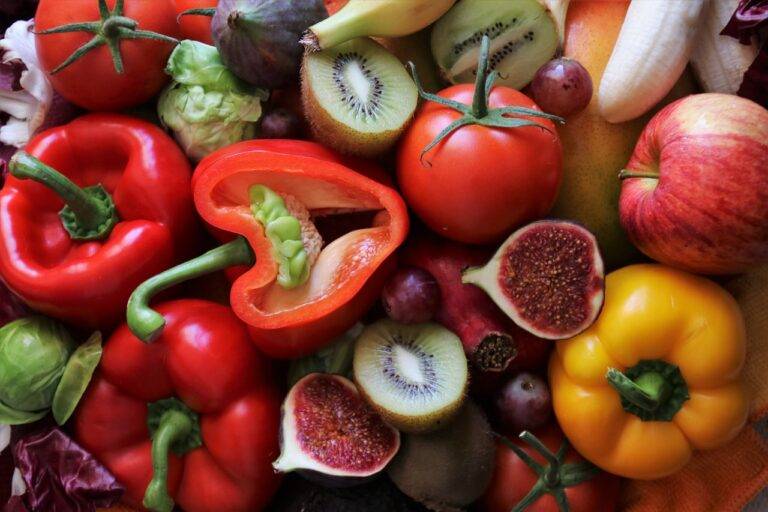The Role of Food in Sustainability and Climate Change
Human activities such as the burning of fossil fuels, deforestation, and industrial processes release greenhouse gases like carbon dioxide, methane, and nitrous oxide into the atmosphere. These gases trap heat from the sun, leading to a rise in global temperatures and contributing to climate change. Additionally, the agricultural sector, through practices like livestock farming and rice cultivation, releases significant amounts of methane and nitrous oxide, further exacerbating the greenhouse effect.
Moreover, the rapid increase in urbanization and industrialization has led to the production of large quantities of waste and pollutants, which not only pollute the air, water, and soil but also contribute to the degradation of the ozone layer. The ozone layer, which protects the Earth from harmful ultraviolet rays, is being depleted due to the release of substances like chlorofluorocarbons (CFCs) into the atmosphere, adding another layer to the complex web of factors driving climate change.
Impact of food production on the environment
Food production has a significant impact on the environment, with agriculture being one of the leading contributors to deforestation, water pollution, and greenhouse gas emissions. The expansion of agricultural lands often involves clearing forests, leading to the loss of biodiversity and the release of stored carbon into the atmosphere. Additionally, the use of fertilizers and pesticides in food production can contaminate water sources, affecting aquatic ecosystems and human health.
Livestock farming is another major driver of environmental degradation, with methane emissions from cattle contributing to climate change. In addition, the production of feed for livestock requires vast amounts of land, water, and energy, further exacerbating the strain on natural resources. Sustainable agricultural practices, such as organic farming and agroforestry, are crucial in mitigating the environmental impact of food production and ensuring the long-term health of our planet.
How does food production contribute to climate change?
Food production contributes to climate change through greenhouse gas emissions from activities such as deforestation, livestock farming, and the use of chemical fertilizers.
What are some of the environmental impacts of food production?
Some environmental impacts of food production include water pollution from agricultural runoff, habitat destruction from deforestation, and soil erosion from intensive farming practices.
How can sustainable food production practices help reduce environmental impacts?
Sustainable food production practices such as organic farming, agroforestry, and rotational grazing can help reduce environmental impacts by promoting biodiversity, conserving natural resources, and reducing greenhouse gas emissions.
What role do consumers play in reducing the environmental impact of food production?
Consumers can reduce the environmental impact of food production by choosing locally sourced, organic, and plant-based foods, reducing food waste, and supporting sustainable farming practices.
Are there any government policies in place to address the environmental impact of food production?
Many governments have implemented policies and regulations to promote sustainable food production practices, reduce greenhouse gas emissions, and protect natural resources.
How can food production be more sustainable in the future?
To make food production more sustainable in the future, it is essential to promote agroecological practices, support small-scale farmers, reduce food waste, and invest in research and technology for sustainable agriculture.





